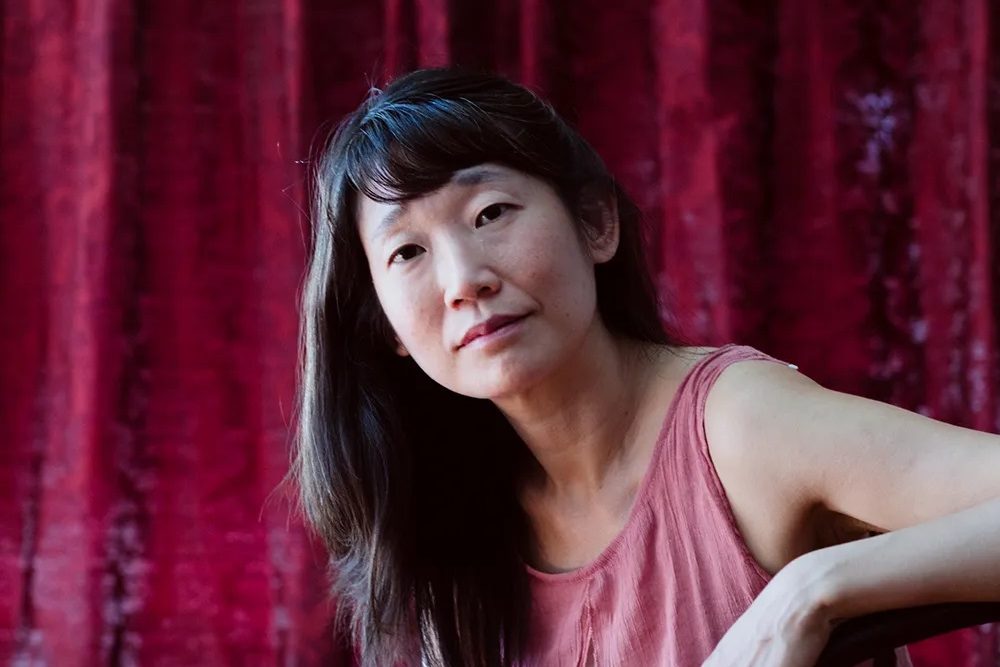After publishing seventeen books, I’m no stranger to the publicity campaign. In my no-name days, my publicist would purr that my novel’s release would be “review-driven” — which decodes: “We don’t plan to spend a sou on your doomed, inconsequential book.” By contrast, as we’ve seen writ large with Prince Harry’s Spare, your volume can be cast upon the public waters as not a mere object but an event. The intention is to convince book-buyers that unless they snap up a copy sharpish they’ll be caught up short at cocktail parties.
Thus quite some time ago, some editorial Baldrick at William Collins must have whispered to Nigel Biggar, a newly signed author at the HarperCollins imprint: “I have a cunning plan.” Clearly the concept driving this week’s release of the Oxford professor’s Colonialism: A Moral Reckoning, which before our current Year Zero would never have caused a stir, was to convert misfortune to opportunity, much as manure can convert to fuel.
As I’ve read the story in some ten different articles, interviews and reviews, including in last week’s UK Spectator, we’ll keep the recap short: Bloomsbury commissions book on British Empire; Bloomsbury loves book on British Empire; Bloomsbury gets the willies about too-hot-to-handle manuscript claiming British Empire did some good things as well as bad and pays off author to go away. Behold, yet another “cancellation” in an industry that once audaciously scandalized genteel sensibilities with the likes of Ulysses or Lady Chatterley’s Lover and is now renowned instead for cravenness, fearfulness and slavish conformity.
I’m pleased to report that the cunning plan, which doubles efficiently as revenge, appears to have been a smashing success. Bloomsbury’s hankie-twisting deference to amorphous “public feeling” about Britain’s imperial past has helpfully positioned Colonialism as a salvo in the culture wars. Although neither history nor ethics is commonly commercial catnip, Biggar is everywhere, from the London Times to the Daily Mail. Enthusiastically endorsed by Niall Ferguson among other heavy hitters, Biggar’s book is bigger and bigger: last I checked, no. 19 on Amazon. One is reminded of Bloomsbury’s kindred poor judgment in letting go our own ideologically radioactive Douglas Murray. Thereafter, when HarperCollins stepped into the breach to publish The War on the West, the poor spurned author of another bestseller whistled all the way to the bank. Declaration of interest: I’m also published by HarperCollins, which, while its competition swirls down a purity spiral, is cleaning up.
In the US, the self-identified “progressive left” constitutes only 6 percent of the population. On a simple profit-making level, then, the extreme left-wing bias in the Anglosphere’s publishing industry is baffling. In the cases of Biggar and Murray, Bloomsbury has made a keen financial sacrifice to avoid controversy — and controversy sells books – as well as, though the company denies it, to appease younger staff. Much maligned by lefty activists, the novel American Dirt by Jeanine Cummins has sold 3 million copies. Woody Allen’s benighted memoir went on to become a bestseller after Hachette’s child assistants staged a hissy fit that got the contract canceled. Ditto Helen Joyce’s Trans and Abigail Shrier’s Irreversible Damage, despite booksellers’ bizarrely self-destructive boycotts. There’s money in anti-woke, and most major English-language publishers are too fastidious to rake it in.
For my part, my agent surmises that few American houses other than the plucky, cannily mercantile HarperCollins would take on my terrifyingly subversive fiction and ghastly political reputation. The rare editors, she says, who might otherwise be amenable to publishing my work are already exhausted from defending the few intellectually wayward authors surviving on their lists and would never invite more aggravation.
I’m often approached by authors whose manuscripts may not be right-wing but aren’t ostentatiously left-wing: could I please refer them to an agent or editor who might still have an open mind? It’s now a truism that white males have a vanishingly small chance of being published anywhere, although I’ve seen no market research verifying that the book-buying public don’t want to read white males’ work.
Why has publishing grown so doctrinally uniform and gutless? I’ll make a stab. Cowardice is contagious, courage rare. Most people are conformists, really, and hewing to a rigid set of progressive orthodoxies while shunning even faintly conservative writers has become the norm in this industry. Publishing execs would have studied subjects in the humanities and were therefore indoctrinated in universities whose strong, consistent liberal bias is a statistical fact. Geographically concentrated in London or New York, they inhabit a small, politically homogenous world. Occasional mavericks have learned to keep their mouths shut, lest they lose their jobs. And publishing doesn’t exist in a vacuum. Obsession with race, gender and manic fairness is in the air, which editors and agents wheezily inhale along with the rest of us.
Sorry to sound disloyal to my sex, but publishing’s pervasive timorousness must also owe in part to the fact that the book biz is now overwhelmingly the province of women. This is to over-generalize, of course. But at our worst, we want everyone to get along. We’re natural communitarians; we fancy consensus. We don’t like conflict. We’re risk-averse. We aim to please; we want to be liked. We yearn to be regarded as good and kind and nice. Craving moral approbation, women are easily suckered into the progressive competition over who can be more concerned for the less fortunate, more allied with that mythical “right side of history.”
There are many glorious exceptions to this caricature. Still, the feminization of publishing has diminished the industry’s boldness. Women are a little less likely than men to take a chance that might backfire, to defy the cultural tide, or to take an unpopular stand and staunchly accept the flak. Too many women play it safe.
Yet safe books are boring books. The threat to reading from television streaming is constant. Ironically, too many predictable, numbingly virtuous releases narrowly tailored to suit a small political subset — who might themselves be a bit sick of White Fragility knockoffs — only put the industry and its employees in peril.
This article was originally published in The Spectator’s UK magazine. Subscribe to the World edition here.

























